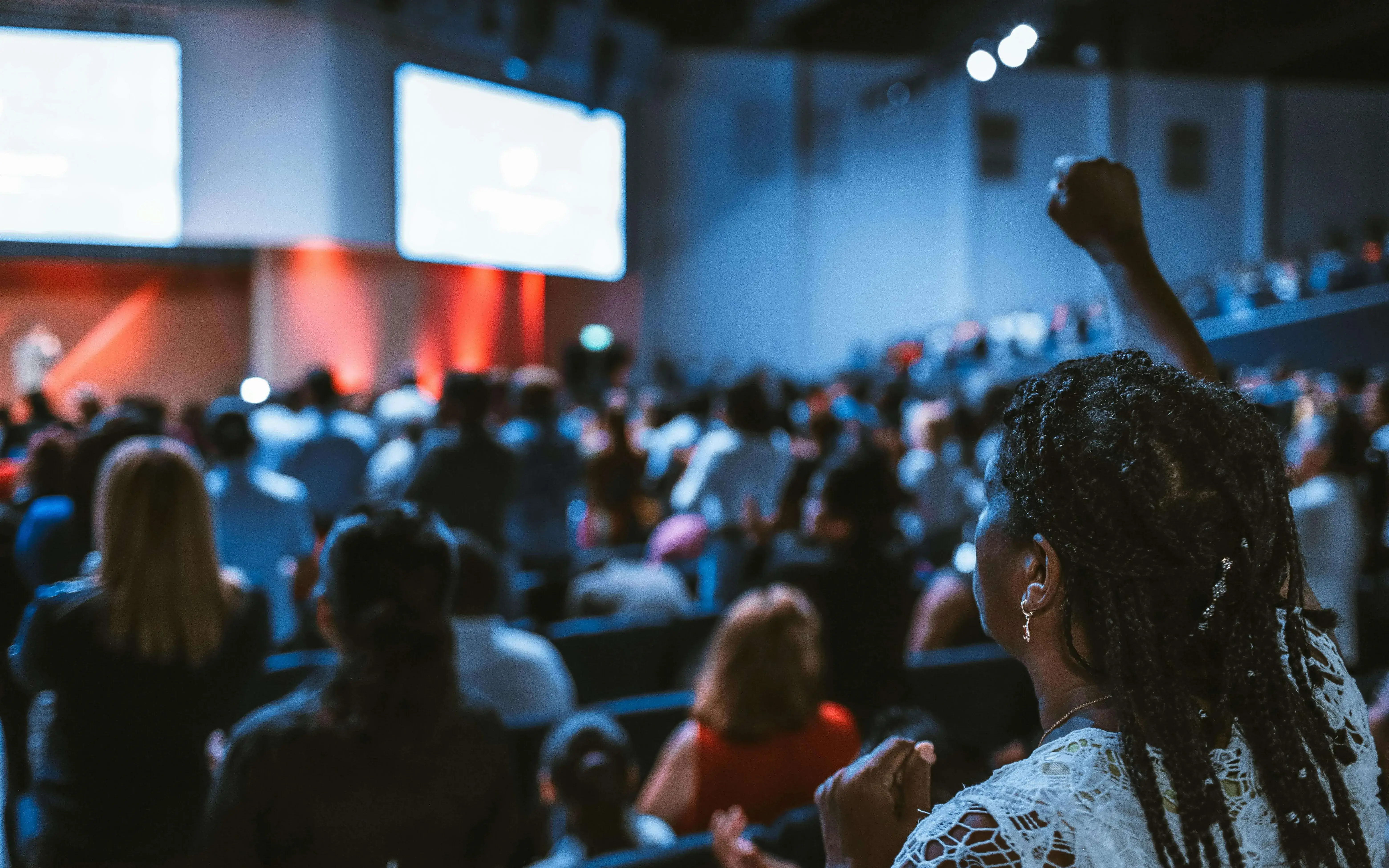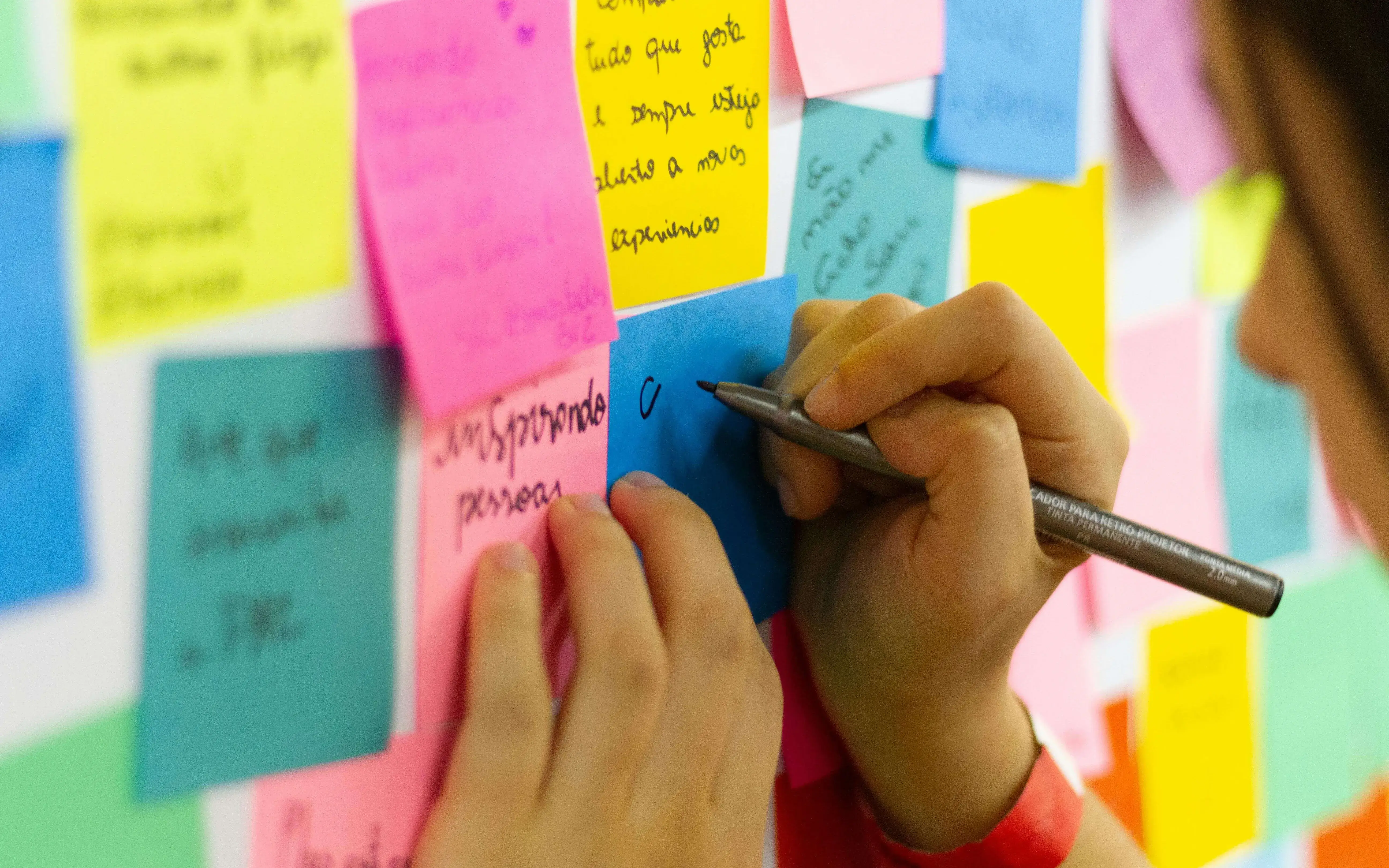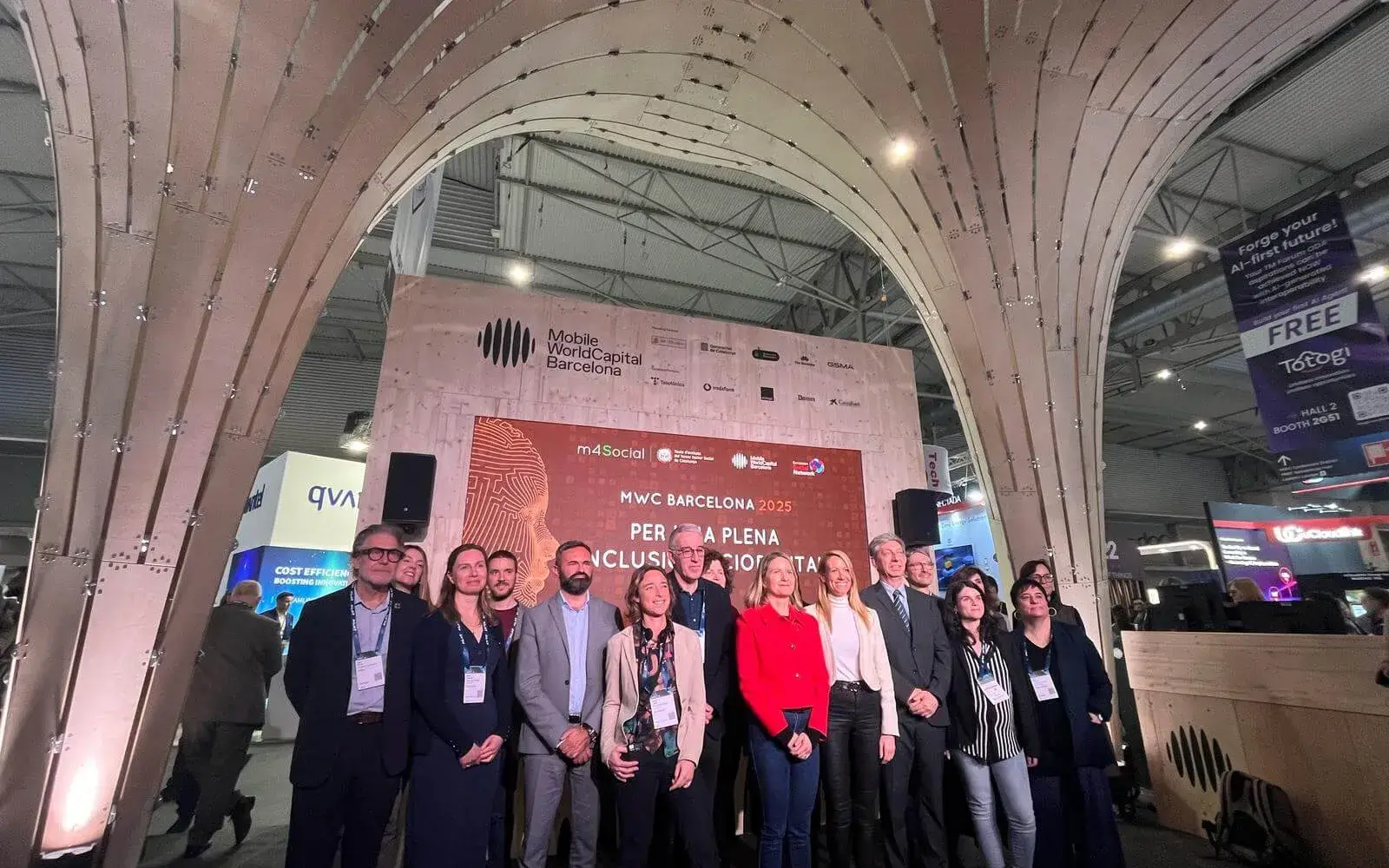Nonprofit organizations urge governments all over the world to take steps to protect the most susceptible from the impacts of the coronavirus.
The outbreak of coronavirus is set to become a threat for everyone all over the world. No matter nationalities or ages, everybody is exposed. Nevertheless, there are some groups of people who need more care due to the lack of access to hygiene, isolation spaces and others high risk factors.
The Third Sector organizations are mobilizing to tackle this trouble and finding additional resources for them. At the same time, they urge governments to implement measures to help the most vulnerable collectives. This article shows some of these demands.
Homeless people have difficulties to access to hygiene
People experiencing homelessness are an especially vulnerable group in the context of the COVID-19 pandemic. Homeless people have more risk to become ill and developing respiratory disease and if they contract CoVID-19, they are more likely to become seriously ill and to die. Besides that, they have huge difficulties to access to hygiene and isolation spaces.
To help homeless people in this tough situation, FEANTSA, The European Federation of National Organisations working with the Homeless, asks governments and health agencies to implement essential measures to avoid the high risk of transmission in homeless:
- Targeted, pro-active outreach & testing
- Ensuring access to hygiene & food
- Providing access to safe accommodation
- Keeping people housed
- Avoiding stigmatization & promoting solidarity
- Providing access to advice and support
- Protecting the workforce of the homeless sector
- Protecting homeless people from punitive enforcement measures
If you are interested, you can find more information at the FEANTSA’s website.
People with disabilities need special care
People with disabilities are another susceptible group in the COVID19 pandemic due to an underlying health conditions. To tackle this situation, the Centre of Research Excellence in Disability and Health (CREDH) from the University of Melbourne, asks government to take immediately steps including:
- Rapidly scale up the health care sector’s capacity to care for people with a disability.
- Rapidly increase capacity of the disability care workforce to respond to the pandemic and its consequences.
- Ensuring that disability services stay open otherwise the lives of people with disabilities are at risk.
If you are interested, you can find more information at the CREDH’s website.
Households in poverty and social exclusion are most severely hit by COVID-19
The European Antipoverty Network (EAPN) is concerned at the social and economic consequences of Covid19 on people at risk of poverty and social exclusion. This nonprofit organization urges all governments to focus their efforts in ensuring the needs of these groups and to coordinate their activities within their countries and across the EU to fight the further spread of the virus.
Specifically, EAPN asks for taking steps in four priorities:
- Urgent and coordinated health action, focusing on protecting the most vulnerable.
- Urgent action to protect workers and ensure adequate income for all, including financial support to keep people in their jobs, with guaranteed income, increased minimum income support to address additional costs, guaranteed income support to self-employed or those in atypical work who are losing income due to the crisis.
- Urgent action to protect people at risk of poverty, including suspension on evictions due to nonpayment of rents and mortgages, supporting payment of energy bills, and continued free provision of school meals for those who need it.
- Actions to mitigate the social impact of containment measures on social isolation and loneliness, including urgent support to social NGOs who provide care and support services, and setting up of nationwide helplines for social and psychological support to address an increased risk of domestic violence and abuse, especially against women, under quarantine conditions.







Add new comment